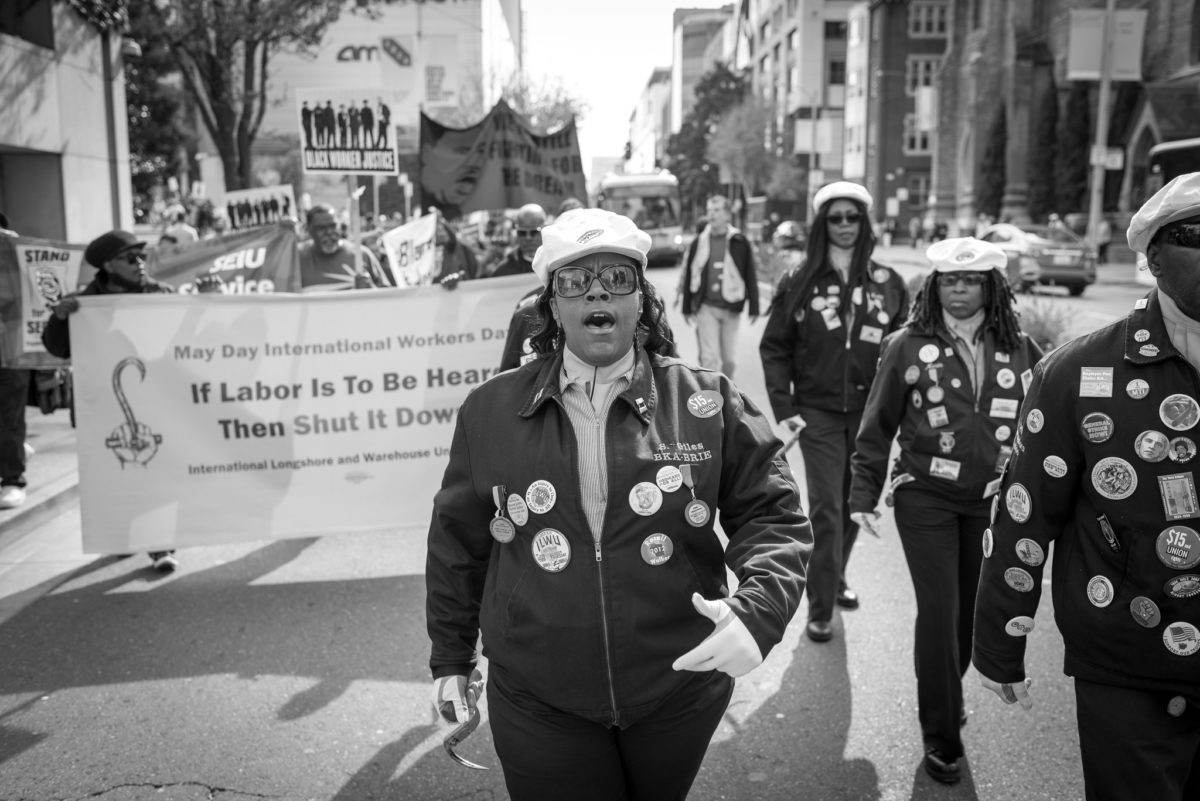Kristin
Remote workers tend to be more satisfied with their jobs; feel less time pressure, exhaustion, and stress from meetings; and experience less work-life conflict. But they also have a lower sense of inclusion and get less feedback and social support. Here are three ways that workplaces can use technology to help minimize the disadvantages of working outside an office.
Gen X’ers—America’s neglected middle children—are digitally savvy, collaborative leaders. But they are getting promoted significantly more slowly than millennials or baby boomers.
Eric
Bloomberg takes a look at a small town in Ohio to pose a larger question about why Americans stay when their town has no future. It’s a phenomenon that is especially common in communities with coal-fired power plants, which are facing closure all across the country. The piece reminded me a good deal of Cowlitz County, Washington (home to the Centralia coal plant and many fossil fuel export projects) with its serious challenges to economic development.
Yet, bafflingly, the article completely fails mention a major reason why more people don’t leave for the economically thriving metropolises: they can’t afford it. Consider that the median house in Cowlitz County is worth $230,000, but double than in Portland and triple that in Seattle. I wouldn’t be at all surprised to learn that the failure of cities to provide a decent range of housing options may be harming not only urban dwellers, but also those in struggling small communities who would like to find better prospects.
Phillip Roth’s account of the Monica Lewinsky madness showcased both his brilliance and the lunacy of that period. RIP.
Aven
I like to keep up on the latest renewable energy news because it’s one of the vanishingly few arenas where the news is almost always good. Trending in clean power circles this week, India and China are “driving a rapid global expansion in large-scale, solar power developments”, while oil giant BP announces that it will be investing $20 million in next-generation fast charging lithium-ion batteries, so that electric vehicles can charge in the same amount of time it takes to fill a combustion engine car with gasoline. Meanwhile, wind power is also having its moment: a new study analyzing the newest generation of turbines found that design advances “can significantly increase wind energy’s economic potential using less land to generate cheaper electricity”, while in the US, wind power is poised to have another record-breaking year, with new additions reaching a record high already in the first quarter of 2018.
Maybe I’m biased, but I’ve always thought there was something unique about 80’s babies—we’re digital natives, yet most of us also remember what life was like before the internet. We all know exactly where we were and what we were doing when the planes hit the twin towers, even if few of us realized the imprint that day would leave on our lives. We came of age in the roaring 90’s, imbuing us with the naive optimism of people who were raised under the dogma of endless economic growth and the bending arc of justice, and then had reality beaten into us by the Great Recession and the Obama-backlash. Well, it turns out we are unique—as “members of a lost generation for wealth accumulation”, courtesy of said recession. You can just call us “the Brokest Generation”. But hey, maybe at least our power bills will be cheaper?
John
IMHO, Democracy Now! provides more comprehensive coverage of race matters than any corporate-funded media organization, and their segments often force me to acknowledge white privilege. A recent example was this report, which intersects with race, guns, violence, federal surveillance, and social media.
John Abbotts is a former Sightline research consultant who occasionally submits material for Weekend Reading and other posts.

